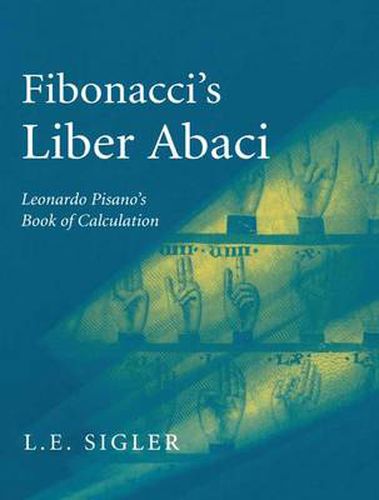Readings Newsletter
Become a Readings Member to make your shopping experience even easier.
Sign in or sign up for free!
You’re not far away from qualifying for FREE standard shipping within Australia
You’ve qualified for FREE standard shipping within Australia
The cart is loading…






This title is printed to order. This book may have been self-published. If so, we cannot guarantee the quality of the content. In the main most books will have gone through the editing process however some may not. We therefore suggest that you be aware of this before ordering this book. If in doubt check either the author or publisher’s details as we are unable to accept any returns unless they are faulty. Please contact us if you have any questions.
First published in 1202, Fibonacci’s Liber Abaci was one of the most important books on mathematics in the Middle Ages, introducing Arabic numerals and methods throughout Europe. This is the first translation into a modern European language, of interest not only to historians of science but also to all mathematicians and mathematics teachers interested in the origins of their methods.
$9.00 standard shipping within Australia
FREE standard shipping within Australia for orders over $100.00
Express & International shipping calculated at checkout
This title is printed to order. This book may have been self-published. If so, we cannot guarantee the quality of the content. In the main most books will have gone through the editing process however some may not. We therefore suggest that you be aware of this before ordering this book. If in doubt check either the author or publisher’s details as we are unable to accept any returns unless they are faulty. Please contact us if you have any questions.
First published in 1202, Fibonacci’s Liber Abaci was one of the most important books on mathematics in the Middle Ages, introducing Arabic numerals and methods throughout Europe. This is the first translation into a modern European language, of interest not only to historians of science but also to all mathematicians and mathematics teachers interested in the origins of their methods.